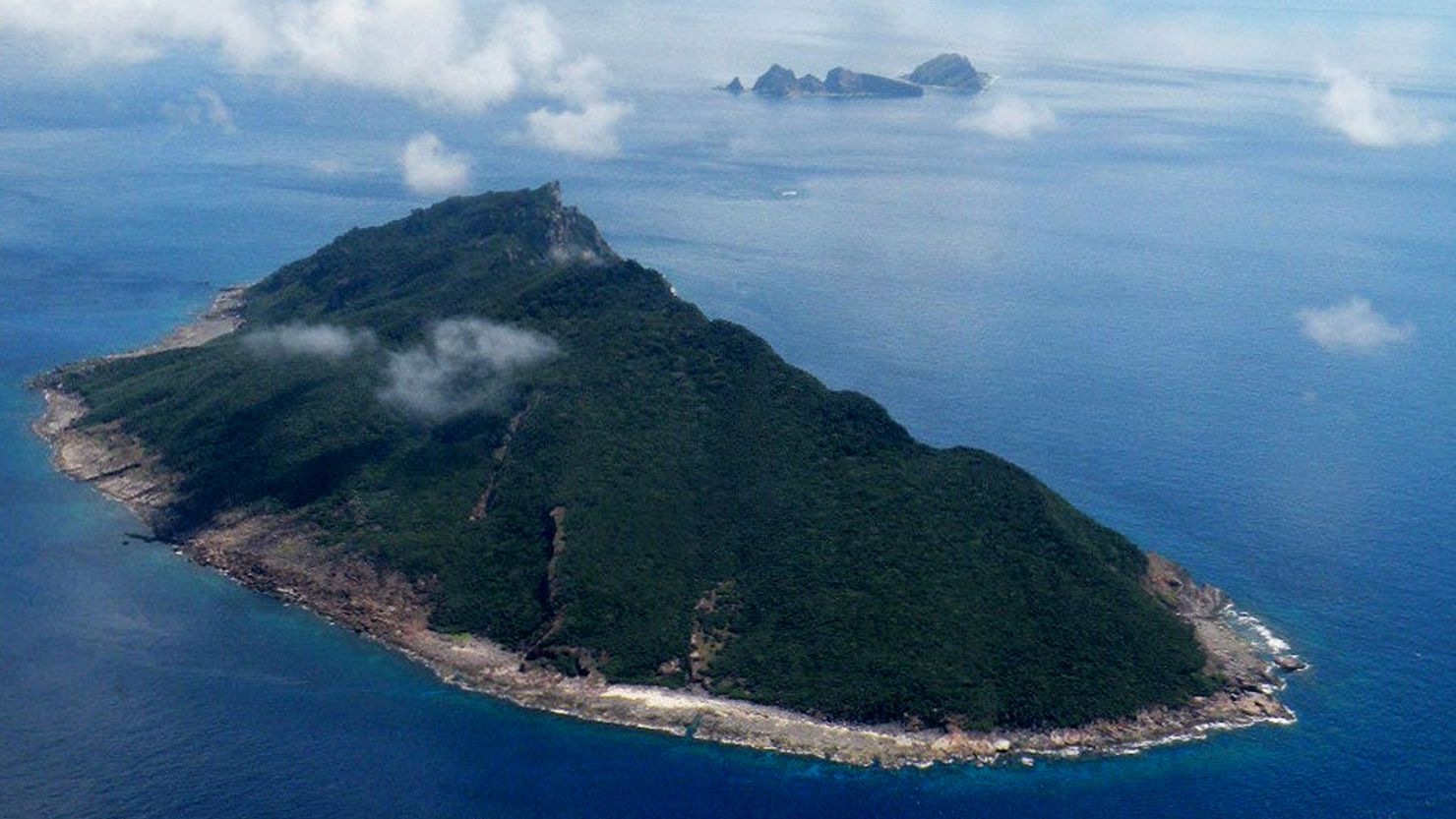Story highlights
Japan posts YouTube videos on official channel supporting claims to disputed islands
China, South Korea criticize Japan's moves as "provocative"
Tokyo says it will not take down controversial videos and will add more
Japan is using YouTube to bolster assertions of ownership over islands also claimed by neighboring China and South Korea.
Japan’s Foreign Ministry published the two videos on its official YouTube channel, under the username MOFAchannel, October 16.
In one, Tokyo’s claim over the Senkaku islands – known as the Diaoyu islands in China – are supported through old black-and-white photographs and a timeline of events starting with a document dating back to 1895.
In the other, similar pictures and a chronology of events starting from 1900 illustrate Japan’s claim to the Takeshima islands, known as the Dokdo islands in Korean.
Both videos have received more than half a million page views since they were published.
China and South Korea both criticized Japan’s social media push.
“The Diaoyu Islands and other affiliated islands have always been Chinese territory. China has solid evidence to prove this,” the Chinese government stressed in an official statement.
“No matter what propaganda measures Japan takes, it will not change the fact that the Diaoyu Islands belong to China. We strongly urge Japan to correct its attitude and stop all kinds of provocative acts.”
In South Korea, lawmakers from the country’s major parties vowed to counter Japan’s “provocative” moves, according to the semi-official Yonhap news agency.
South Korea’s foreign ministry also demanded Tokyo take down its Dokdo island video and summoned a Japanese diplomatic official to lodge a formal complaint.
In reply, Tokyo has said the videos will remain – and its Foreign Ministry plans to produce videos on the Kuril islands claimed by Russia and on the official name of the Sea of Japan, according to Japan’s Kyodo news.
“The government is doing what we must do regularly, from the viewpoint of promoting a more correct understanding of the situation surrounding our country,” explained a Foreign Ministry press secretary at a news conference in Tokyo.
Feng Ke contributed to this report from Beijing.







